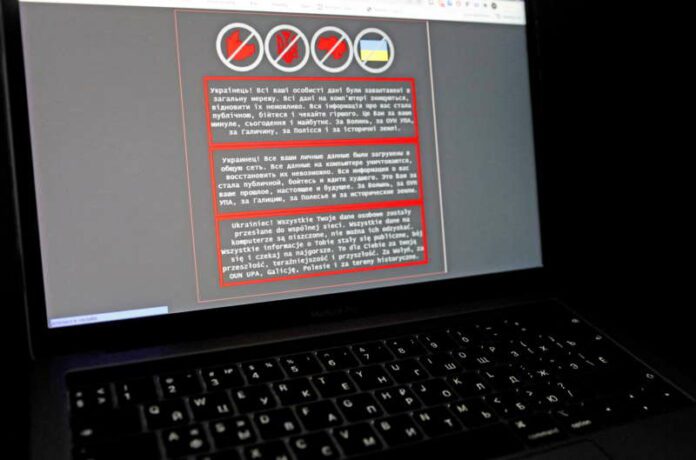
According to the United States, Britain, Canada, and the European Union, Russia was behind a huge hack against a satellite internet network that knocked thousands of modems down at the start of the Ukrainian conflict.
The digital assault on Viasat’s KA-SAT network occurred in late February, as Russia commenced its invasion of Ukraine, according to a statement issued by the EU Council on Tuesday.
“This incident had a major impact, creating indiscriminate communication failures and disruptions across various Ukrainian governmental authorities, enterprises, and individuals, as well as affecting several EU Member States,” according to the statement.
According to US Secretary of State Antony Blinken, the cyberattack was meant “to impair Ukrainian command and control during the invasion, and those operations had spillover effects into other European nations.”
See also Russian-Ukrainian conflicts affect Nigeria’s economy
According to a Foreign Office statement, Foreign Secretary Liz Truss called the assault a “deliberate and malevolent strike by Russia against Ukraine.”
Russia’s primary objective was the Ukrainian military, but it also impacted wind farms and internet users in central Europe, according to the statement, which cited the UK’s National Cyber Security Centre.
The Foreign Office statement highlighted “new UK and US intelligence” that showed Russia was behind the assault, but did not elaborate.
The remote sabotage caused a “huge loss in communications in the very beginning of war,” Ukrainian cybersecurity official Victor Zhora said in March.
Russia consistently denies conducting offensive cyber operations.
Western intelligence agencies had previously warned of the possibility of cyberattacks that could spread and cause “spillover” damage on global computer networks.
There was a flurry of cyber operations against Ukrainian targets in the weeks leading up to Russia’s invasion. Researchers uncovered dangerous malware known as WhisperGate spreading in Ukraine in January. WhisperGate closely resembled NotPetya, a 2017 Russian cyberattack against Ukraine that similarly destroyed data on thousands of local computer systems.
